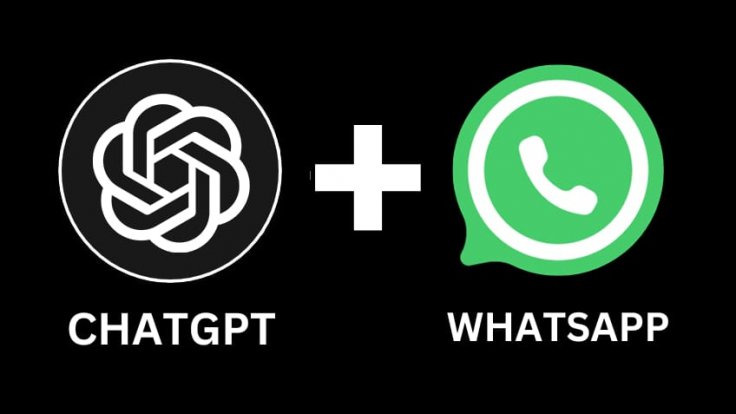OpenAI, in collaboration with Microsoft, has expanded access to its popular chatbot, ChatGPT, by making it available through WhatsApp and direct phone calls. This new feature, called "1-800-ChatGPT," allows users to interact with ChatGPT by messaging a dedicated phone number, 1-800-CHATGPT (1-800-242-8478), or calling it directly, all without the need for a dedicated app or account. This move makes the chatbot more accessible and easier for users to engage with.

The service is initially available in the U.S., where users will receive 15 minutes of free voice calls with ChatGPT each month. The chatbot is also accessible globally through WhatsApp wherever ChatGPT is available. "You can now talk to ChatGPT by calling 1-800-ChatGPT or sending a WhatsApp message to the same number. It's available everywhere ChatGPT is," OpenAI announced on the social media platform X.
OpenAI emphasized that the service is experimental, and usage limits or availability may change over time. The company's spokesperson, Taya Christianson, explained that the calls will not be used to train ChatGPT's large language models (LLMs). As the service is in its early stages, the company has stated that the features are evolving and may be adjusted as needed.
This development is part of OpenAI's "ship-mas" event, where it is unveiling a range of new features and updates to improve user experience. Kevin Weil, OpenAI's Chief Product Officer, shared that this new initiative is a step toward making ChatGPT more accessible to a wider audience. "Today, we're taking the next step and bringing ChatGPT to your telephone," he said.
The phone call feature operates similarly to ChatGPT's Advanced Voice Mode, allowing users to ask questions or perform tasks like language translation via a phone call. The 15-minute free call offers an easy and convenient way for people to interact with the AI, and after that, users can continue chatting using WhatsApp. The service is free within the limits of 15 minutes per month, with standard carrier charges applying after the time limit.
For users who prefer WhatsApp over phone calls, ChatGPT is also available via messaging. While it lacks the customization options found on the ChatGPT app, users can still interact with the chatbot directly through WhatsApp. There is no requirement to create an account, making it an ideal option for those unfamiliar with AI tools or those who simply prefer WhatsApp as a communication platform. However, there is a daily usage limit, after which users are prompted to switch to the ChatGPT app or desktop version.
Looking ahead, OpenAI plans to integrate additional features into the service. The company hinted that it could eventually add capabilities like image analysis and web search for users interacting with ChatGPT through WhatsApp. However, OpenAI has not yet revealed a timeline for these features or when they will be available outside the U.S., including in countries like India.
This move comes as part of OpenAI's ongoing efforts to expand the accessibility of artificial intelligence. By integrating ChatGPT into widely-used platforms like WhatsApp and making it available through landline phones, OpenAI is breaking down barriers to AI adoption. Whether on mobile or through voice calls, the company is working to ensure that more people can easily benefit from AI-powered assistance.
The experiment also comes as OpenAI continues to push boundaries with its AI technology, striving to make artificial general intelligence (AGI) a useful tool for everyone. As part of this initiative, the company is working to improve user experience and expand AI access for people of all backgrounds.
Overall, this new way of using ChatGPT is a significant step forward for OpenAI, making it even more accessible to people who might not have used it before. With 15 minutes of free voice interaction each month and easy access via WhatsApp, the service is likely to attract more users to ChatGPT in the coming months. As OpenAI continues to innovate and roll out new features, the future of AI accessibility looks promising.









